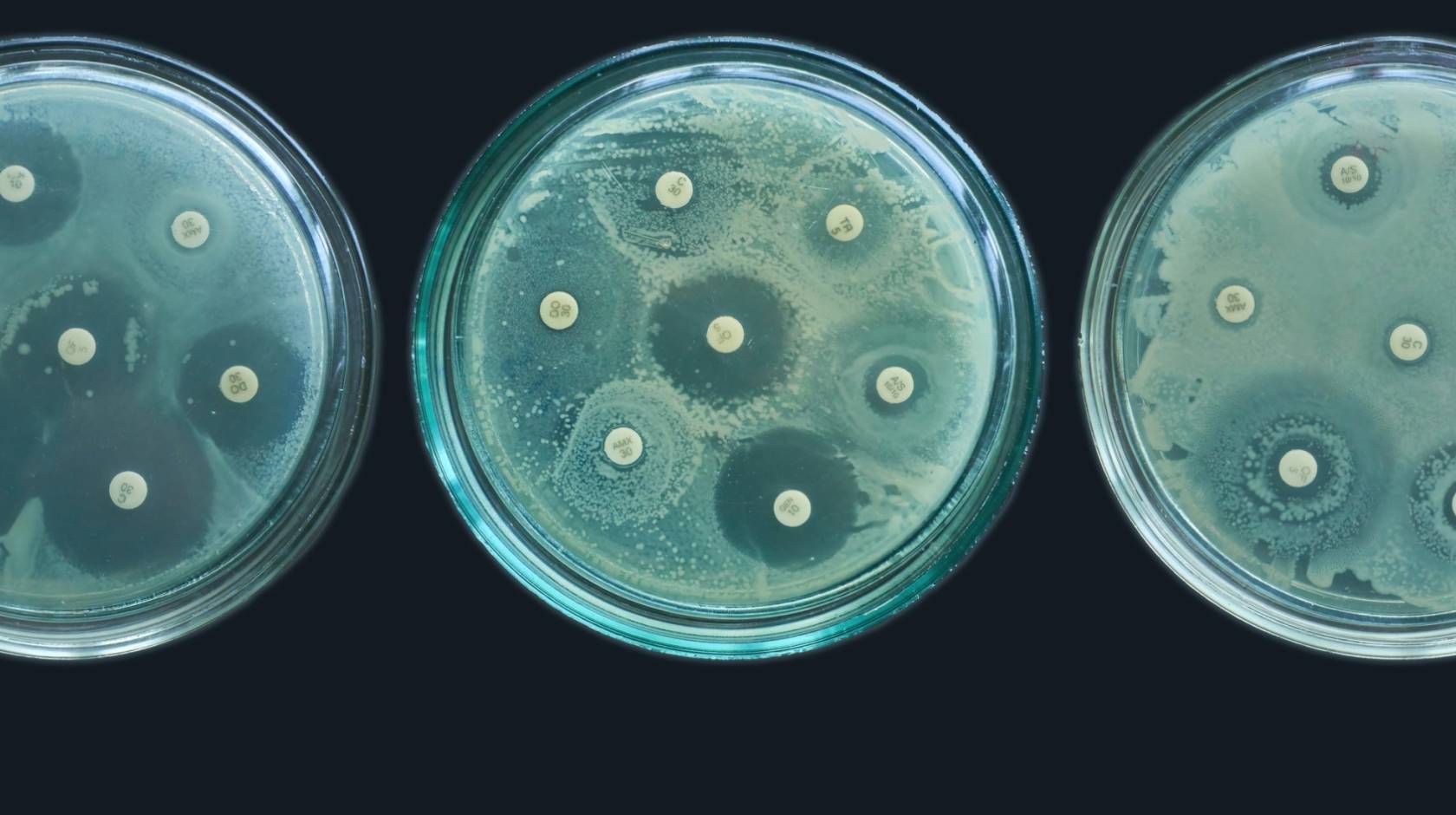Scientists have uncovered a groundbreaking new class of antibiotic that shows promise in combating one of the three most concerning drug-resistant bacteria threatening human health.
Zosurabalpin has demonstrated efficacy against highly drug-resistant strains of Carbapenem-resistant Acinetobacter baumannii (Crab) in mouse models of pneumonia and sepsis, and is currently undergoing human trials.
Crab is classified as a critical priority 1 pathogen by the World Health Organization, alongside two other drug-resistant bacteria – Pseudomonas aeruginosa and Enterobacteriaceae.
“Crab infections are a significant issue in hospitals, particularly among ventilated patients,” said Dr. Andrew Edwards, a senior lecturer in molecular microbiology at Imperial College London, who was not involved in the study.
“Though not highly aggressive, Crab’s resistance to multiple antibiotics makes treatment exceptionally challenging.
“Finding new treatments against this bacterium has been incredibly difficult due to its effective barrier against antibiotics penetrating its outer cell layer. Thus, this discovery is very exciting and provides optimism that efforts to discover new antibiotics can yield results.”
Antibiotic-resistant infections pose a critical threat to human health, especially those caused by Gram-negative bacteria, which are shielded by an outer shell containing lipopolysaccharide (LPS).
“LPS enables bacteria to thrive in hostile environments and evade attacks by the immune system,” explained Dr. Michael Lobritz, global head of infectious diseases at Roche Pharma Research and Early Development in Basel, Switzerland, where the new drug was developed.
No new antibiotics for Gram-negative bacteria have been approved in over half a century.
Roche had previously identified Zosurabalpin as capable of inhibiting A. baumannii growth, but its mode of action and effectiveness against Crab infections in animals were uncertain.

Through experiments detailed in Nature, Prof. Daniel Kahne at Harvard University and colleagues revealed that the drug prevents LPS transport to the bacterium’s outer membrane, thereby killing it.
They also observed that Zosurabalpin significantly reduced bacterial levels in Crab-induced pneumonia in mice and prevented death from Crab-related sepsis.
Lobritz remarked, “This is the first instance of a drug operating in this manner, making it unique in both its chemical structure and mechanism of action.”
While emphasizing that this molecule alone won’t resolve the public health threat of antimicrobial resistance, the discovery could pave the way for future efforts to target the same transport system in other bacteria.
Edwards noted another antibiotic under development, murepavadin, also targets LPS transport, albeit through a different mechanism.
“It has shown activity against Pseudomonas aeruginosa, suggesting potential expansion of this approach to other multi-antibiotic resistant bacteria like Klebsiella and E. coli,” he said.
However, he cautioned that transitioning new drugs from animal studies to human trials could prove exceedingly challenging.
Meanwhile, the UK’s Science, Innovation, and Technology Committee has called for initiatives to harness bacteriophages – bacteria-killing viruses – as an alternative to antibiotics for resistant infections.
In a report released recently, the committee highlighted challenges in phage therapy development, where clinical trials require adherence to specific manufacturing standards that are contingent on successful trials.
It proposed considering the establishment of a small facility at the mothballed Rosalind Franklin laboratory in the West Midlands, originally set up for processing Covid tests during the pandemic, to support this critical endeavor.
